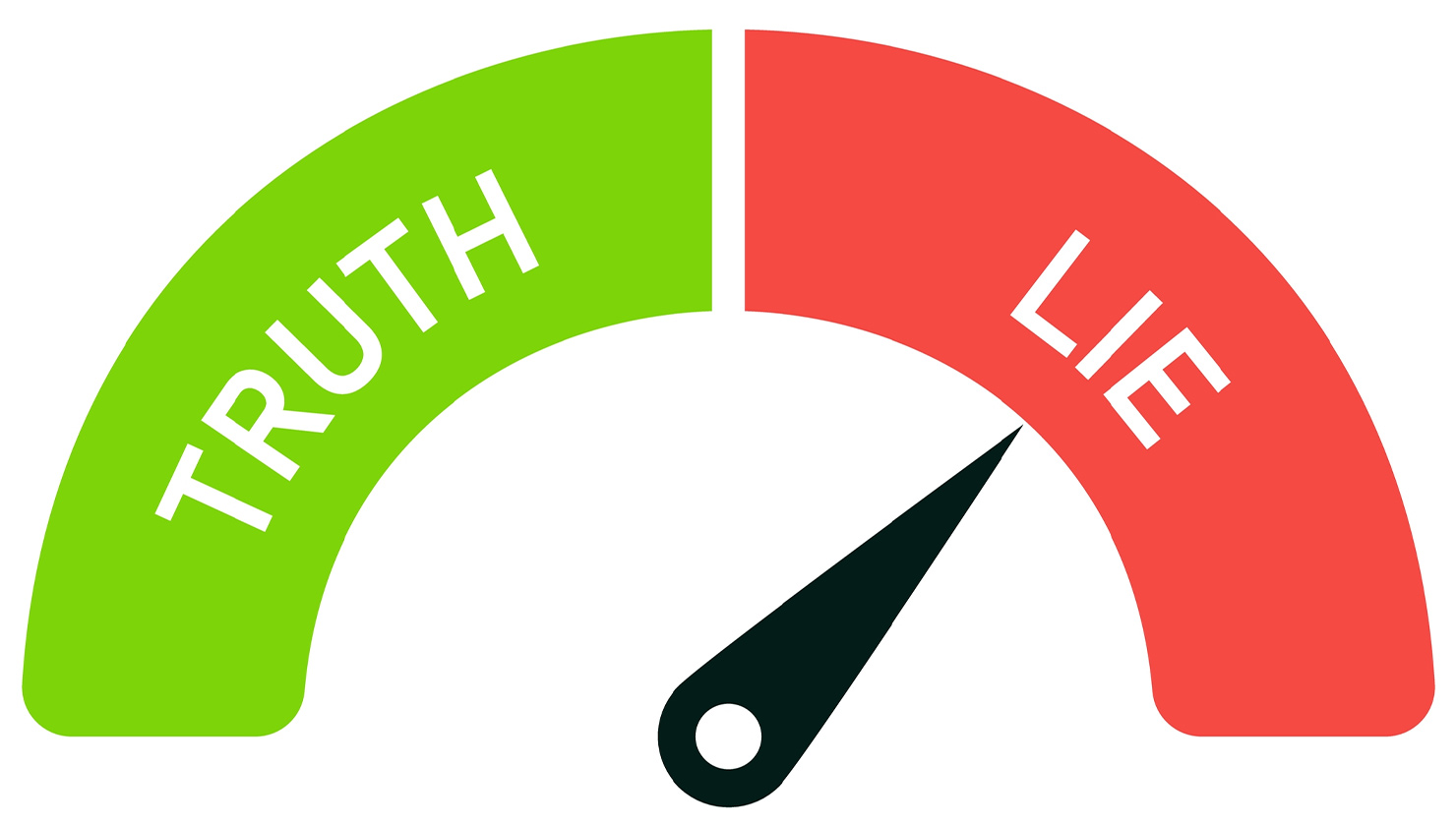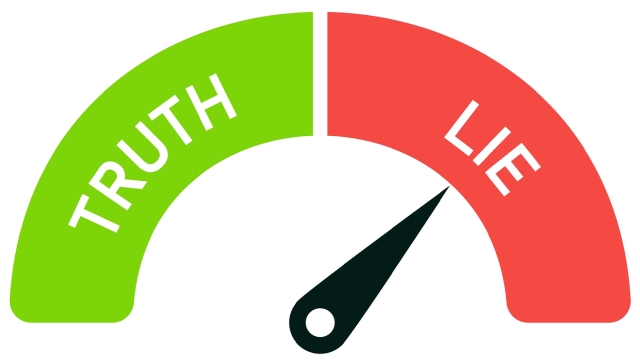
Welcome to a revealing exploration into the world of lie detector tests. As one of the most well-known methods of determining truthfulness, lie detector tests have long been shrouded in mystery and controversy. From crime investigations to employment screenings, the use of lie detectors has sparked intrigue and skepticism alike. But what is the truth behind their accuracy and effectiveness? Let’s delve deeper into the power of the lie detector test and uncover the facts hidden beneath the surface.
History of Lie Detector Test
Lie detector tests, also known as polygraph tests, have a fascinating history that dates back to the early 20th century. The first prototype of the polygraph machine was invented by John Augustus Larson in 1921. Larson’s creation paved the way for the development of modern lie detector tests and revolutionized the field of forensic psychology.
Over the years, lie detector tests have been used in various fields, including law enforcement, national security, and employment screening. The initial purpose of the test was to determine deception by measuring physiological responses such as heart rate, blood pressure, and skin conductivity. Despite controversies surrounding their accuracy, lie detector tests have become a common tool in investigations and screenings.
The use of lie detector tests has sparked ethical debates regarding privacy rights and reliability. While some view them as a valuable investigative tool, others argue that they are not foolproof and can be influenced by various factors. Despite the controversies, lie detector tests continue to be utilized in certain situations where uncovering the truth is of utmost importance.
Accuracy of Lie Detector Test
When it comes to the accuracy of lie detector tests, there is ongoing debate among experts in the field. Some studies suggest that these tests can be fairly accurate, especially when conducted by trained professionals in controlled environments.
However, it’s important to note that lie detector tests are not foolproof and can be influenced by various factors, such as the individual’s physiological responses, mental state, and the skill of the examiner. This means that while lie detector tests can provide valuable insights, they should not be solely relied upon as definitive proof of deception.
Overall, the accuracy of lie detector tests depends on a variety of factors, and their results should always be interpreted with caution. It is essential to consider other evidence and factors when evaluating the outcomes of a lie detector test to ensure a more comprehensive understanding of the situation.
Ethical Considerations
When it comes to utilizing lie detector tests, the issue of consent and voluntariness is crucial. Individuals should not be coerced or pressured into undergoing a polygraph examination. In the absence of freely given consent, the reliability and ethical validity of the test results may be compromised.
Moreover, the accuracy of lie detector tests must be taken into account when considering ethical implications. While polygraph tests can be a useful tool in certain contexts, it is essential to acknowledge their limitations and potential for error. Relying solely on the results of a lie detector test to make significant decisions can have serious ethical ramifications.
Lastly, the confidentiality and privacy of individuals who undergo lie detector tests must be safeguarded. Ensuring that the sensitive information disclosed during the examination is protected and not misused is a fundamental ethical consideration. Respecting the privacy rights of individuals involved in the testing process is essential to upholding ethical standards.
